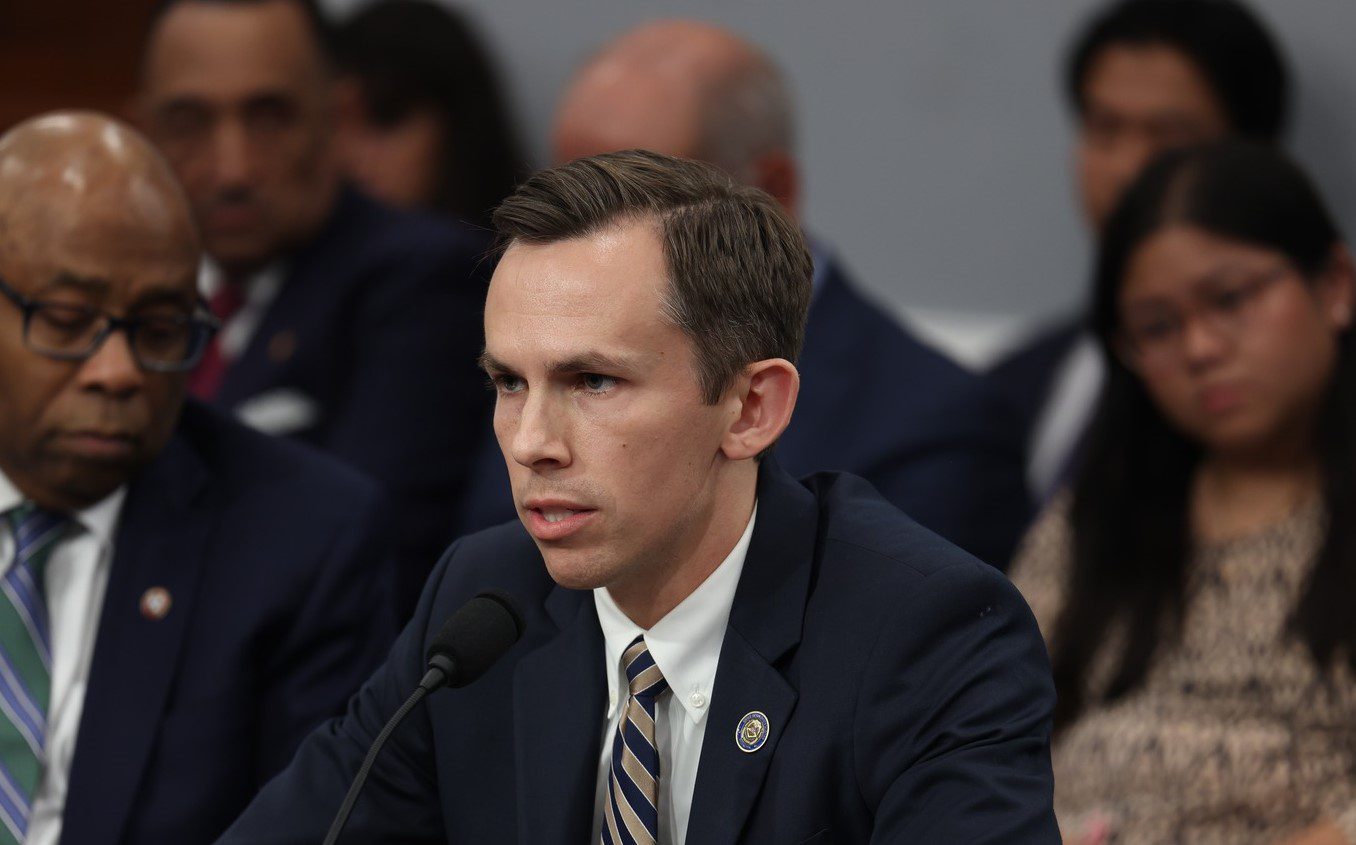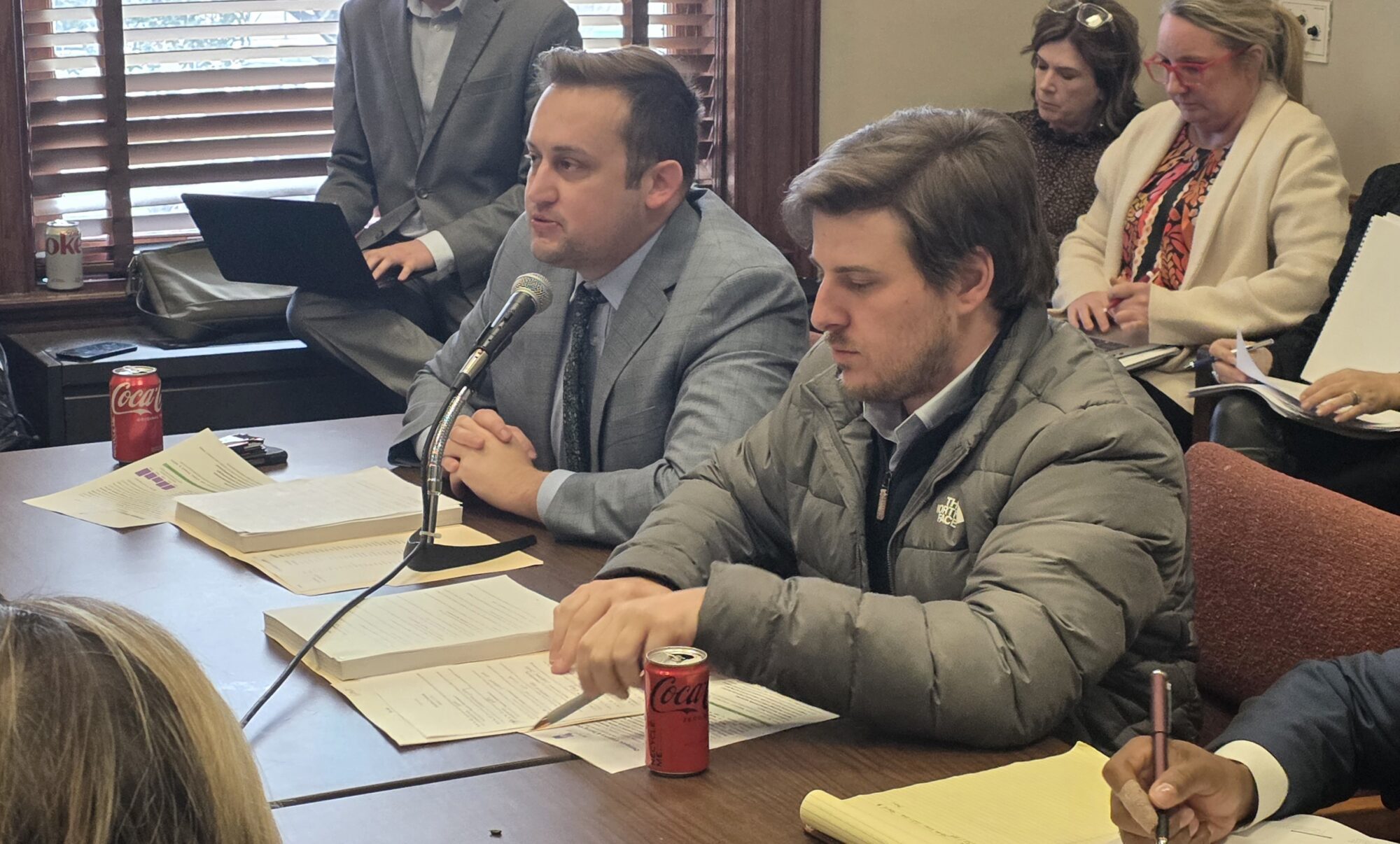
State Auditor Shad White, Neshoba 2022
The university’s Diversity and Community Engagement office sponsored the reading of a book that taught that “whiteness” is a threat to Black people. The same book argues that “[t]he only remedy to past discrimination is present discrimination.”
Diversity. Equity. Inclusion. Those sound like nice words to some. But the truth is that Diversity,
Equity, and Inclusion (or DEI) programs are highly controversial and often push ideas that many
Americans dislike.
From discussions of “whiteness” and “systemic racism” to “Pride Week,” Mississippi taxpayers deserve transparency into what millions of their dollars are going toward.
Let me back up and provide more detail. DEI programs are initiatives that big companies and
schools have put into place. They often train employees or offer events designed, in their mind,
to make their offices or campuses more welcoming.
The truth, though, is that DEI initiatives are often explosive. For example, President Trump
stopped all DEI training in the federal government when he found that some of the training was
teaching federal employees that “virtually all White people contribute to racism.”
So what did we find when we asked how your tax dollars are being spent at Mississippi
universities on DEI? A liberal news outlet, Mississippi Today, published a column that tried to
frame DEI as if it were all puppies and rainbows. Literally. Their headline describing our study
suggested DEI spending at Mississippi universities was mostly “pet-a-puppy” programs, artist
lectures, and programming for veterans.
Their left-wing columnist, Molly Minta, wrote this, so I suppose we shouldn’t be surprised that she’d frame DEI spending positively (Minta has also written fringe articles about how important it is for hospitals to give puberty-blocking hormones to children, which she called “care for trans kids”).
Was all the DEI spending on puppy petting programs? No. Let’s take my alma mater, the
University of Mississippi, as an example. Ole Miss spent more on DEI than any other public
university.
What did it pay for? The university’s Diversity and Community Engagement office
sponsored the reading of a book that taught that “whiteness” is a threat to Black people. The
same book argues that “[t]he only remedy to past discrimination is present discrimination.”
Just to make it plain, this sort of language is dangerous and divisive. It tears us apart, not brings
us together. And taxpayers paid for initiatives like this.
Most people understand these ideas are a cancer. To prove it, imagine the outcry if the
university ran similar programming saying “blackness” is a threat to White people. You can have
a discussion of insane ideas on campus, but I personally don’t think the taxpayers should be
asked to promote the insane idea.
Let’s keep digging. The Ole Miss Chancellor’s DEI “Institutional Strategic Plan” says its goal is to
“address systemic racism head-on.” Again, most Mississippi taxpayers don’t want their money
going to tell students that systemic racism is holding students of color back.
We should not use public resources promoting this message, because it teaches young, impressionable eighteen-year-olds that they are victims of some oppressive force outside of their control. It doesn’t promote self-confident, motivated people who believe they can shape their own destiny.
Finally, the University of Mississippi hosted “Pride Week,” which was a part of promoting DEI,
according to a university staffer. One of the goals of the week according to that staffer was to
ensure that “queer kids have a day that they get to be themselves.” You may believe the idea
that a child can decide that she is a boy or is queer (I don’t), but at minimum, you should
acknowledge not everyone agrees, and the taxpayers shouldn’t be subsidizing this kind of
programming.
I could provide more examples, but you get the picture.
Two things can be true at once: we can love our universities but not support these kinds of
initiatives. I think our universities do a great job on many fronts. But I also think it’s important
that their bosses—the voters of Mississippi—know how their dollars are being spent.
You should also know DEI spending is growing. We found DEI spending at Mississippi
universities increased 47% since 2019. As it grows, those dollars are mainly paying adults to
think of the kinds of programs I describe above.
If the true mission of DEI were to increase diversity on campus, one would think DEI dollars would be going to scholarships for poor students. Instead, over 70% went to adults’ salaries in 2023.
Now is the time for voters to be asking if they’re comfortable with this, and if not, they should call their legislator.








